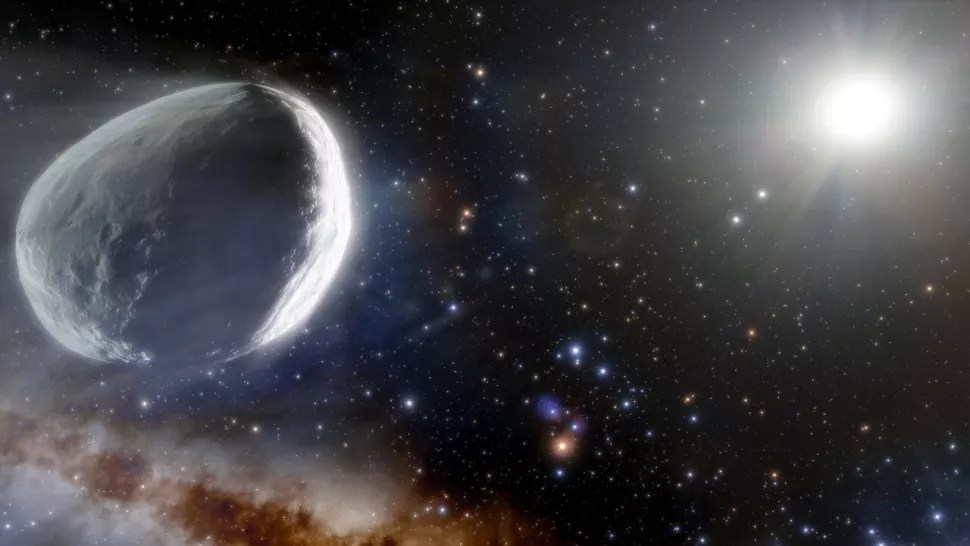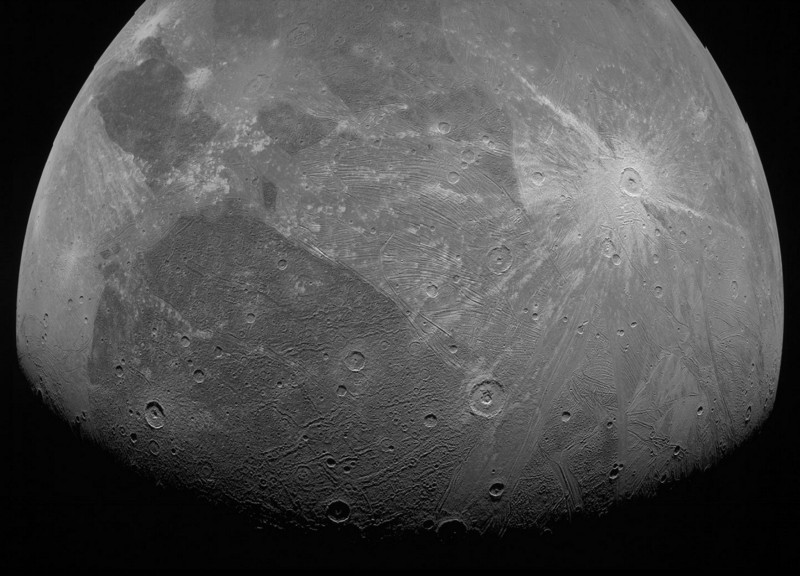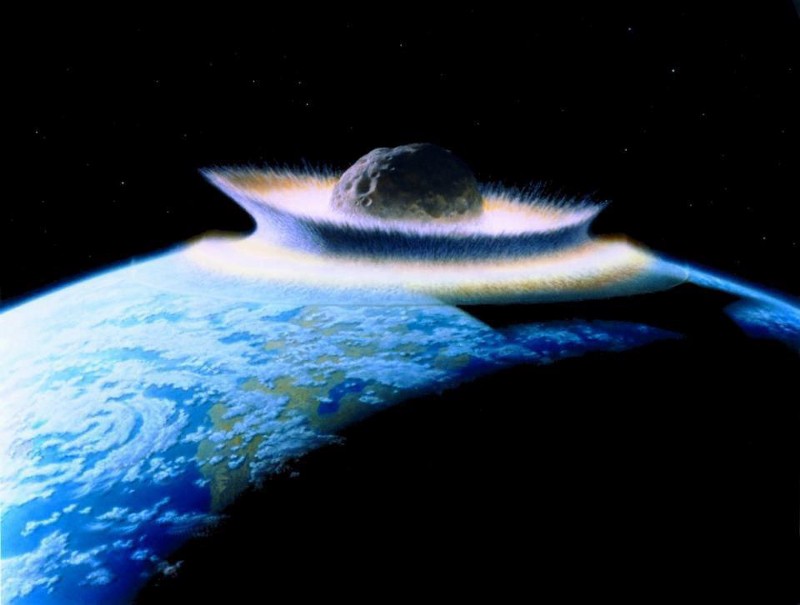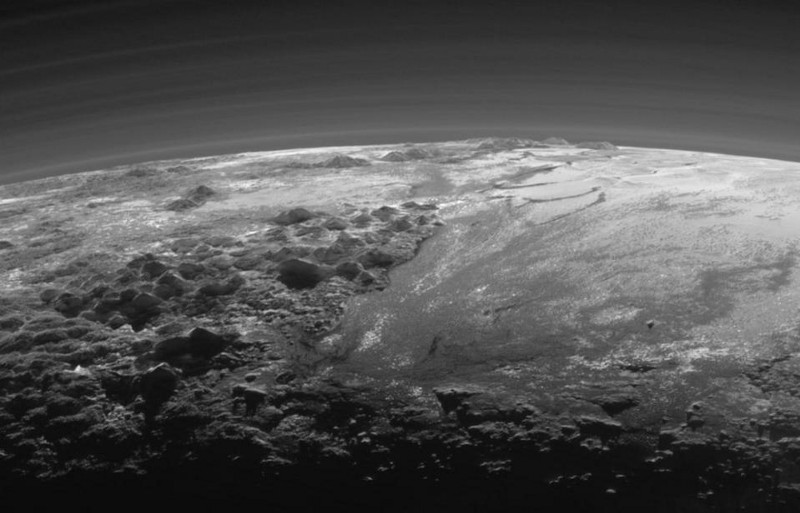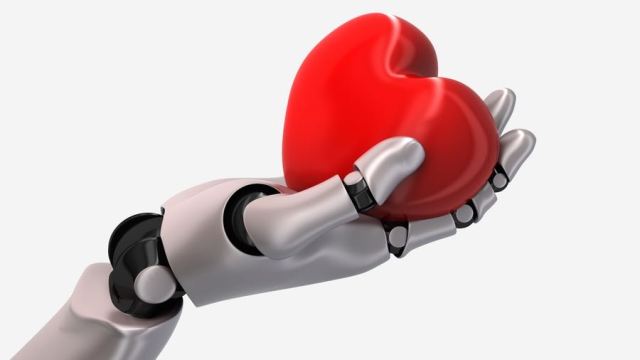Some Scientists Believe There’s Life on ‘Rosetta’ Comet

Several months ago, we featured a video on this site in which Bill Nye ruminated on the possible discoveries we would make after landing the Philae probe (part of the Rosetta mission) on comet 67P/Churyumov-Gerasimenko. Here’s that video below:
Note Nye’s words: “We’re going to make discoveries that no one has imagined yet.” He offers several possible potential findings, from learning how to prevent an asteroid colliding with Earth to learning new stuff about elements and minerals. What the Science Guy mostly extols is the sense of adventure and pioneerism inherent in a mission like this, exploring curiosities never before observed in such a fashion. Out of this, Nye says, we set ourselves up to make amazing discoveries.
Well, not even the Science Guy could have imagined what some astronomers say may exist on this remote dirt clod hurtling around millions of miles away:
“The experts say the most likely explanation for certain features of the 67P/Churyumov-Gerasimenko comet, such as its organic-rich black crust, is the presence of living organisms beneath an icy surface.
Rosetta, the European spacecraft orbiting the comet, is also said to have picked up strange “clusters” of organic material that resemble viral particles.
But neither Rosetta nor its lander probe, Philae, are equipped to search for direct evidence of life after a proposal to include this in the mission was allegedly dismissed.” (Sky News)
The Sky News piece quotes two astronomers from the University of Cardiff — Chandra Wickramasinghe and Max Wallis — who champion the theory that comets “sowed the seeds of life” on Earth millions of years ago. Wickramasinghe, who assisted with the planning efforts for Rosetta, estimates that 67P/Churyumov-Gerasimenko could harbor life similar to “extremophiles” that reside in inhospitable regions of Earth like the polar regions. It’s not intelligent life, but it would still be life.
The Guardian has a nice piece on this story that further investigates Wickramasinghe’s claims (while noting that his previous work has existed outside the scientific mainstream) and chronicles Philae’s time on the comet since landing late last year:
“The European Space Agency pulled off a sensational feat of engineering and captured the imagination of space-travel enthusiasts across the world when Philae landed on the comet in November. Since then, the lander has undergone a period of hibernation from which it awoke in June, having recharged its solar panels.”
The Guardian’s piece notes that Wickramasinghe and Wallis will present their ideas regarding life on 67P to the Royal Astronomical Society’s National Astronomy Meeting this week in Llandudno, Wales.
For more details on this idea, read more at Sky News, The Guardian, Time, and Tech Times.

